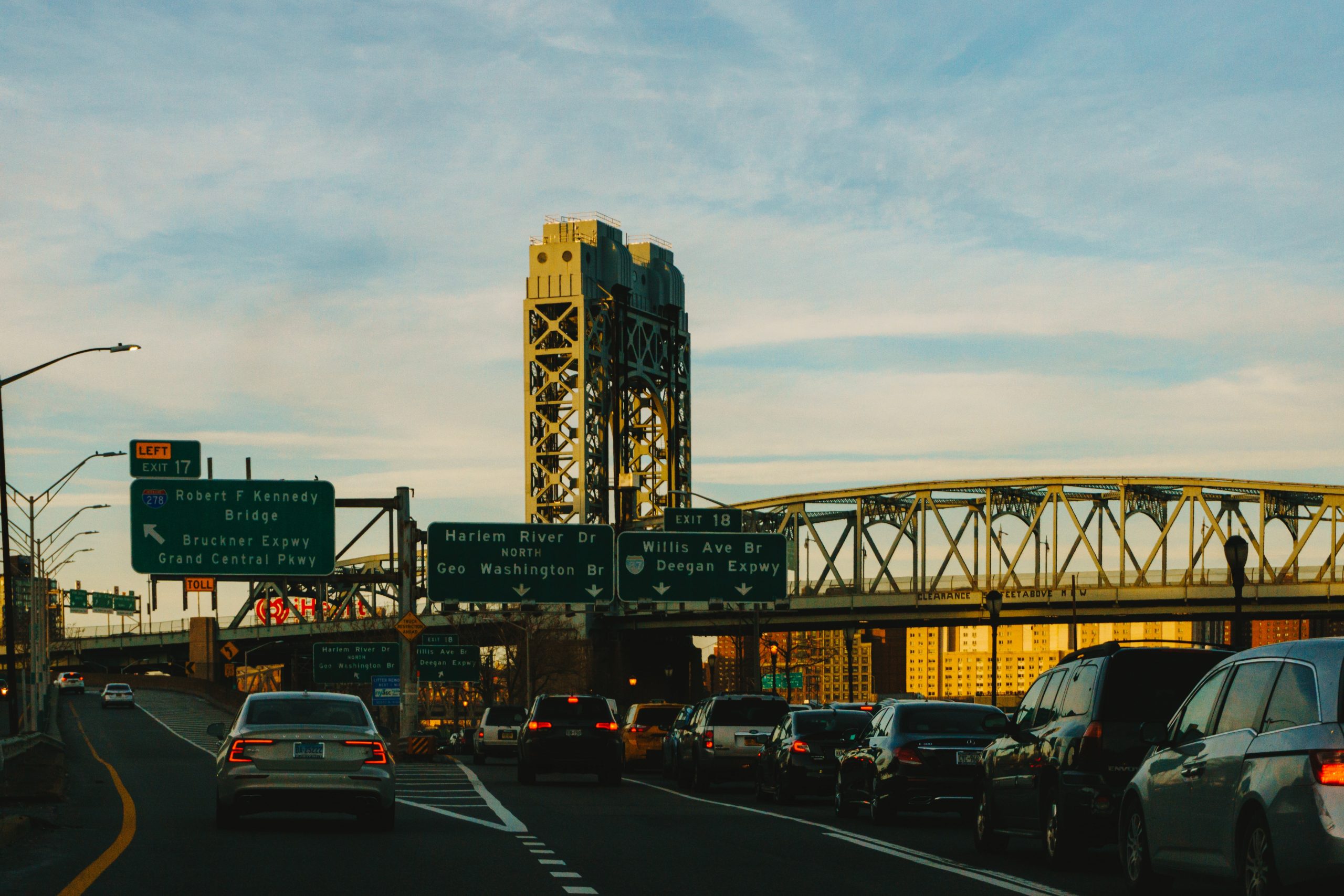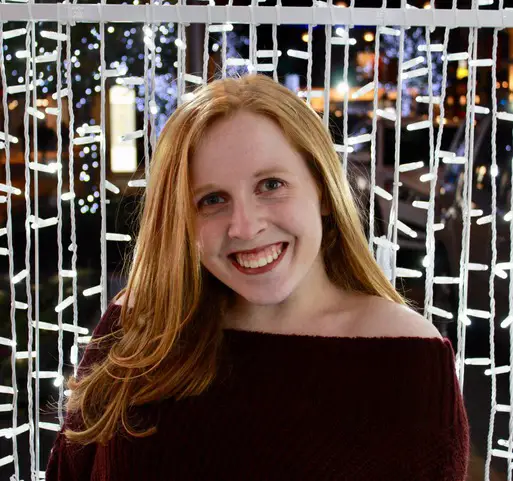With midterm campaigns in full swing across the country, Democrats have been working around the clock to turn the wave of anti-Trump sentiment into an opportunity to regain control of Congress. Throughout the process, certain primaries have been watched closely due to newcomers posing a threat to incumbents. The June 26 Democratic primary for New York’s 14th Congressional District was not supposed to be one to watch.
Alexandria Ocasio-Cortez, a 28-year-old Democratic Socialist, challenged Joseph Crowley, the Democratic Caucus chair and a member of Congress since 1999. While analysts found the differences between the two candidates to be notable, it didn’t seem as though the race would be anything too interesting.
How could one of the most powerful Democrats in the House of Representatives lose to a millennial who has never held an elected office? No one knew until it happened.
Ocasio-Cortez defeated Crowley by 15 percentage points in a stunning upset that has rocked the Democratic party to its core. The 14th District overwhelmingly votes for Democrats in general elections and is an urban area primarily populated by minorities aged 44 and under. While some might believe that her popularity is simply a result of the demographics of her district, that didn’t stop her from becoming a household name on political talk shows practically overnight. Now, she’s being credited with bringing a sense of legitimacy to a progressive wing of the Democratic Party that has been ignored for the most part by the mainstream establishment but is heavily supported by younger Americans.
A former campaign organizer for 2016 presidential candidate Bernie Sanders, Ocasio-Cortez’s progressive platform strongly focuses on income inequality in America. Her story is one that resonates with so many of the constituents of the 14th District, which includes the eastern Bronx and parts of Queens.
Born into a working-class family in the Bronx, Ocasio-Cortez felt the burdens of educational discrepancies and inequality between zip codes. After the death of her father in 2008, she worked two jobs to help support her family, an experience which she says put her on “the other side of laws and policy.”
Some of her most notable proposals include Medicare For All, increasing minimum wage to $15, reforming campaign finance laws, guaranteeing affordable housing as a human right and making all public colleges tuition-free.
These are the sorts of policies that are somewhat terrifying to mainstream Democrats who have tried to confine Ocasio-Cortez’s victory to her district of just under seven hundred thousand people. Senator Tammy Duckworth (D-Ill) commented on CNN that Ocasio-Cortez’s nomination is “the future of the party in the Bronx, where she is.”
House Minority Leader Nancy Pelosi (D-CA) made a similar statement at a press conference, asking voters not to get carried away and maintaining that voters “made a choice in one district.” But what cannot be understated is the fact that Ocasio-Cortez has the ability to connect with millennial voters who want to see themselves represented in Congress. After all, the median ages in the House and Senate are 58 and 62, respectively.
The differences between millennials and baby boomers regarding policy are notably fascinating. Two thirds of millennials believe that the government has a responsibility to provide healthcare coverage for all compared to 57 percent of baby boomers, and millennials are also more likely to support the government intervening to help the needy, even if it means going further into debt.
But these are policies that, to older party members, seem too progressive to possibly win in general elections. Socialism as a term still has negative connotations with many Americans who find it to be too closely associated to communism, but its positive qualities are seemingly becoming more and more appealing to the younger generations who don’t remember the years of the Cold War.
Mainstream Democrats are already facing an uphill battle in the aftermath of the 2016 presidential primary, during which the party establishment’s rejection of Democratic Socialism ultimately alienated young supporters of Bernie Sanders in the general election.
As voting for the primaries began, Sanders had an edge in popularity over Hillary Clinton, who was considered to be the safest choice for the party’s presidential nomination. But despite this, Clinton easily won the nomination with the help of superdelegates, or party leaders who are free to vote for whoever they choose. The idea of superdelegates was created to prevent the nomination of an un-electable candidate, which many felt Sanders was due to his heavily leftist policies, but many voters felt like their general consensus was undermined in favor of Clinton.
Even after she officially won the nomination, Clinton struggled with reaching young millennials who had voted for Sanders and desired policies that directly addressed the issues they face. It’s a problem that is being reiterated in the midterms as many incumbents from both parties are pitted against younger candidates who want to see a change in the way that the country is run.
Ocasio-Cortez proves the legitimacy of campaigning on more socialist policies and makes it clear that younger voters aren’t satisfied with the way that things are being done under the current party establishment. Millennials will soon pass baby boomers in their share of the electoral population, meaning their power of decision in elections is only growing and they can force the progressive hand of more moderate candidates.
The fact of the matter is that millennials face problems that elected officials have struggled to fully address. Despite being the most educated generation, they earn less than the generations preceding them. They’re financially fragile, burdened by student debt and face the highest levels of stress and depression than any other generation at the same age.
They’re oftentimes written off by those who feel that all they care about is social media and avocado toast, but millennials are very aware of the issues going around them and feel frustrated at the perceived lack of inaction from their elected officials. As much as Congress has attempted to remedy these issues through moderate means, many young Americans feel that they haven’t done nearly enough.
The voting history of the 14th District of New York indicates that Alexandria Ocasio-Cortez is almost guaranteed a victory in November, which would make her the youngest woman ever elected to the House of Representatives.
But her primary victory alone should send a message to high-ranking Democrats who have yet to take seriously the political power of millennials both as candidates and as voters. In the process of trying to appeal to older moderates, they might have alienated what is perhaps their most powerful weapon in the upcoming midterms.
As millennials finally begin to recognize their electoral power, they find themselves becoming more confident in the solutions that they want to see come from their elected officials and more direct in voicing their desires for change. If incumbents choose not to listen, they might inadvertently convince millennials that only their peers can fix the problems they face.

















